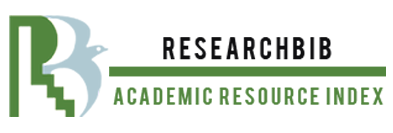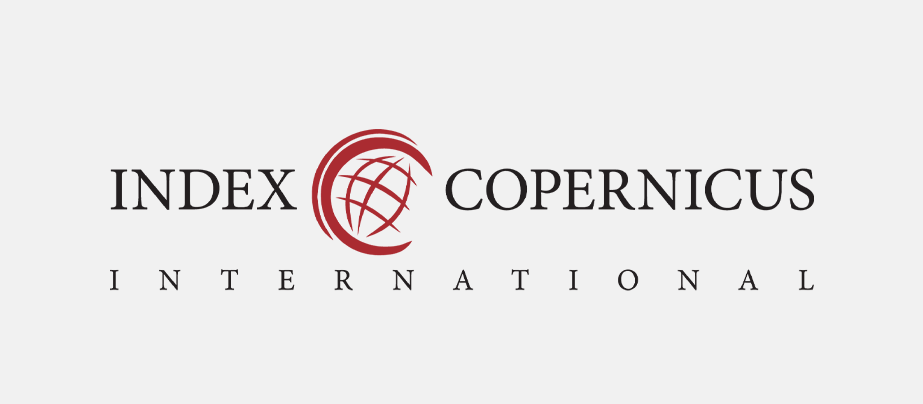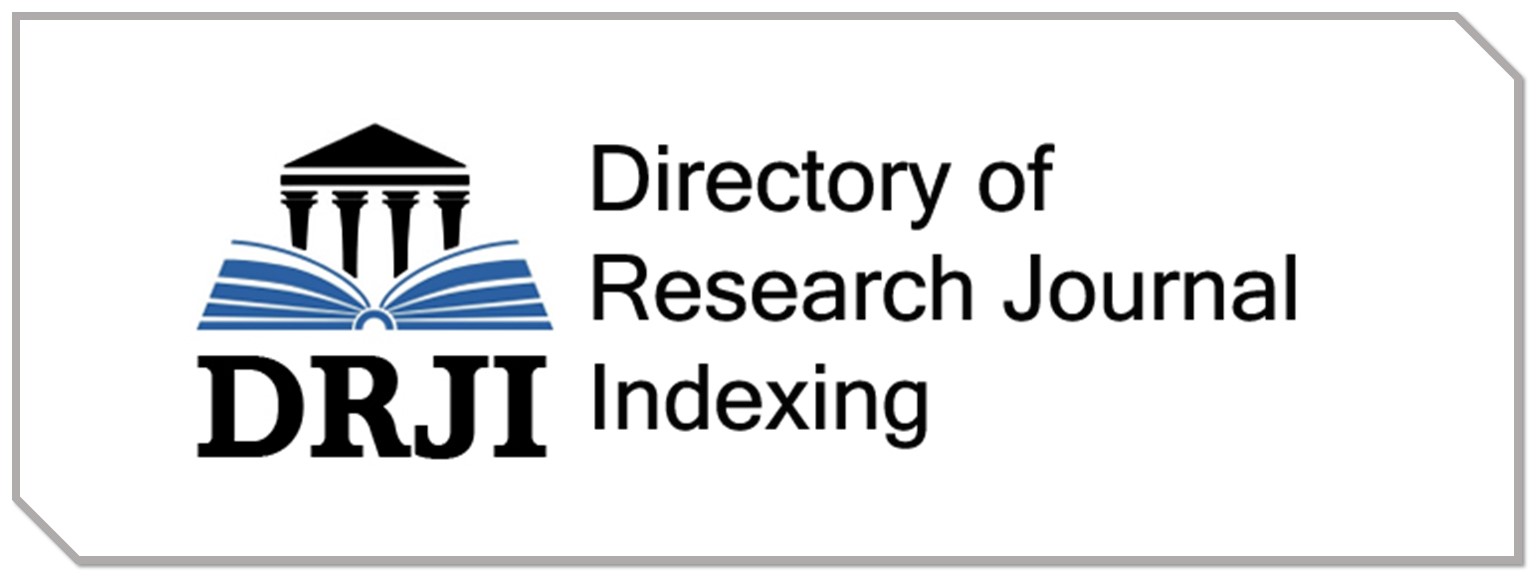
Based on these premises, this journal aims at exploring the following emerging research domains:
a) Urban adaptation and resilience; to understand how to enhance urban resilience and adaptation capacities to ensure community health in pandemic sequences
b) Urban climatology and geometry; to understand the impact of urban geometry, microclimate, and shared airflow dynamics on pandemic transmission and spread patterns.
c) Urban and building materials; to understand the impact of material mixtures and compositions of buildings and urban surfaces in minimizing pandemic risks.
Research disciplines
Due to the interdisciplinary and complex nature of the special issue topic, a manuscript submission from a mixed range of the following research disciplines are highly welcome;
• Urban Air Quality and Ventilation
• Urban Microclimate, Climate Change
• Urban design/planning legislation and strategies
• Urban construction and material science
• Environmental Impact assessment
• Public health, immunity, and Quality of life
• Sports
• Policy‐making and decision‐making
• Simulation and Modelling
• GIS (Geographic Information System)
• ICT (Information and Communications Technology)
• Transportation and infrastructure management
• Big data
• Artificial intelligence and virtual reality
• Decision Support Systems / Tools
The team of Guest Editors, particularly welcome manuscripts, critically studied practical urban planning and management, coupled with case study research, demonstrating evidence‐based results and the feasibility of innovative urban solutions.
We strongly hope that the findings of this special issue aid the government leaders, policy‐makers, scientific communities, and of course, our societies to control and mitigate the COVID‐19 or maybe similar diseases in the future.
Target Audience and Avenues
The government authorities, non‐government organizations, private sectors, civil society stakeholders, and academic institutions are the main avenues of this special issue. Also, this special issue invites scholars practicing urban studies, particularly urban development/redevelopment, urban planning, transportation planning, built environment, and urban microclimate focusing on public health, and social well‐being, which would be the target audiences of this special issue.









